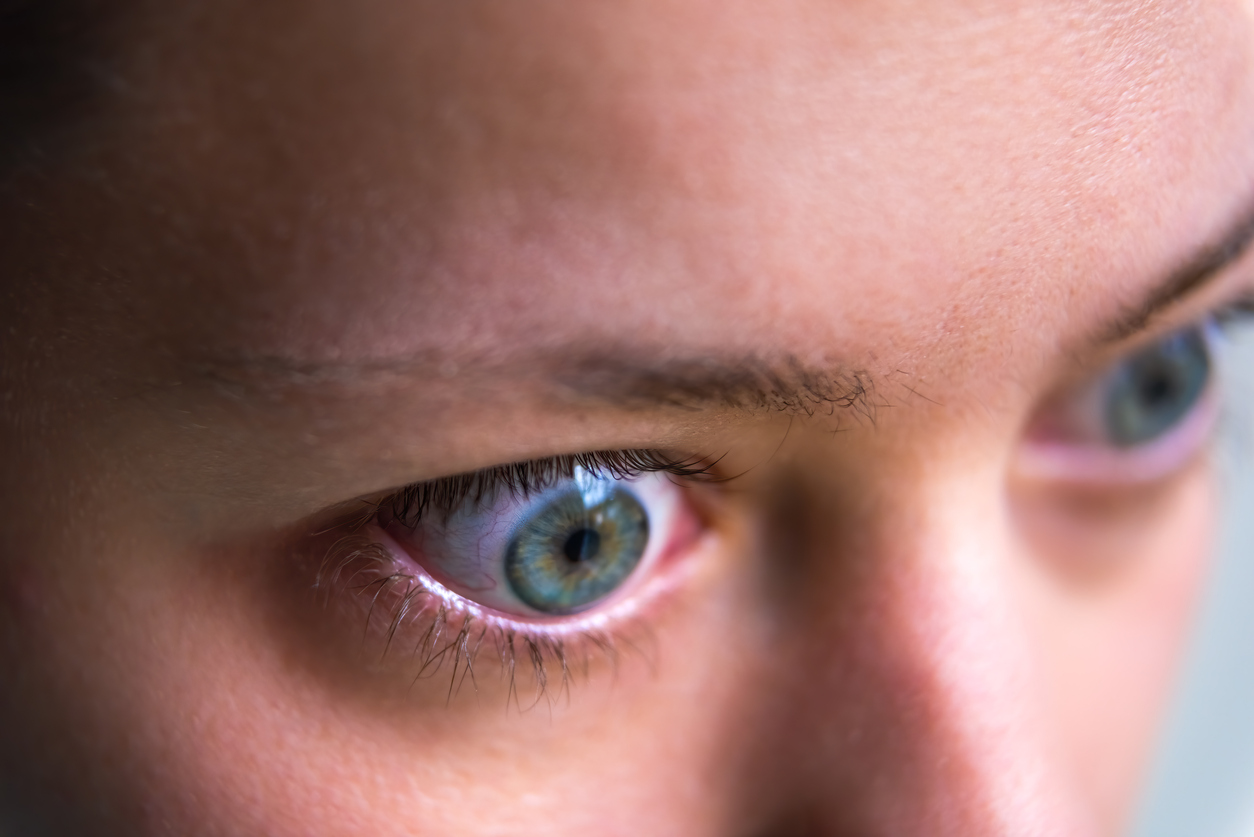Graves’ disease is an autoimmune disorder where the immune system attacks the thyroid, the gland responsible for producing hormones that regulate metabolism. Metabolism is the process which converts the food that we eat into energy that is used by the different parts of the body to function properly.
People with Graves’ disease deal with very active thyroid, also known as hyperthyroidism. This leads to too much production of thyroid hormones which can then cause a wide range of problems.
Some of the symptoms of Graves’ disease are arrhythmia (irregular heartbeat), anxiety, difficulty sleeping, weight loss, fatigue, hair fall, and eye problems (e.g. bulging eyeballs, painful eyes, sensitivity to light).
Graves’ disease is treated or managed through medications, radioiodine therapy, or surgery. Medications include antithyroid medicines and beta-blockers. Antithyroid medicines control the production of thyroid hormones while beta-blockers control the symptoms or the impact of the hormones.
Radioiodine therapy, on the other hand, is aimed at destroying cells in the thyroid while surgery removes a part of or the entire thyroid gland.
Another possible treatment for Graves’ disease is surgery where a part or the whole thyroid gland is removed. Patients may then have to take thyroid replacement medicines for the rest of their lives in case they develop hypothyroidism as a result of surgery.
July is Graves’ disease awareness month. Help spread awareness about Graves’ disease so that more people could be diagnosed earlier and receive appropriate treatment.
And if you or anyone you know is affected by Graves’ disease, we invite you to sign up to our Living with Graves’ disease community so that you can have a safe and supportive online community.


